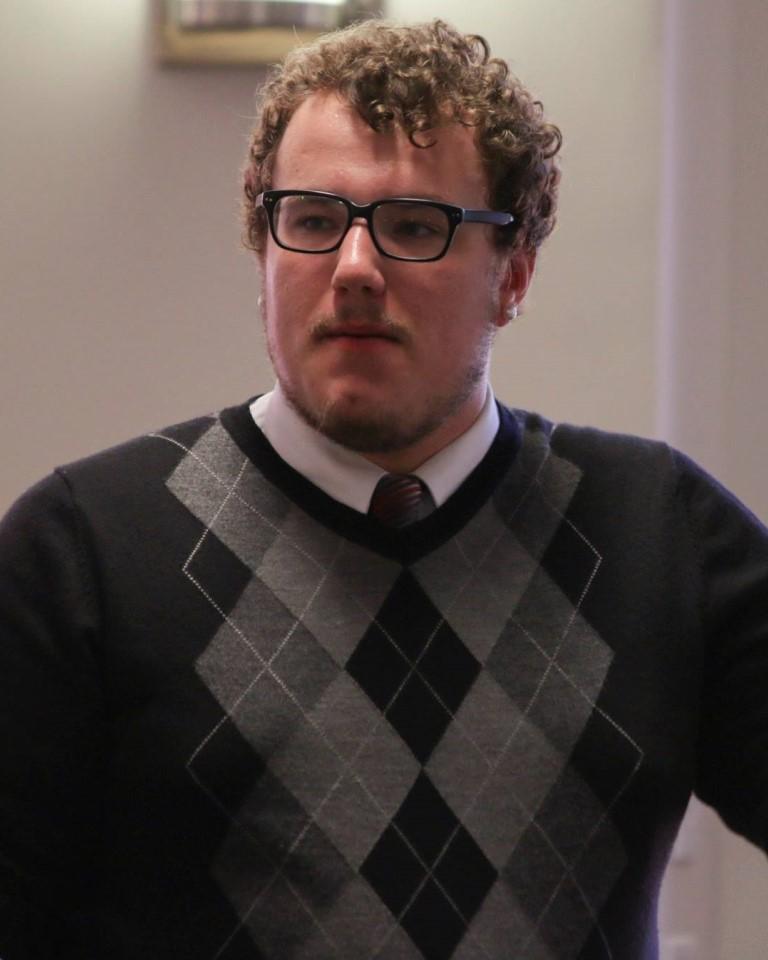Jeffery Durbin

STUDENT SPOTLIGHT | APRIL 2016
Department: Behavioral Neuroscience, with minors in Mathematics, Social & Behavioral Science Methodology, and Speech-Language-Hearing Sciences.
Describe your work in a few sentences that we can all understand: My research has two primary components. In the first, I am researching beliefs people have about their mind and/or brain and how those affect our judgments of responsibility. The second focuses on investigating the neural mechanisms that are complicit in memory, particularly the memory used to store and manipulate information such as phone numbers and memory of common objects.
Q: Who mentors your project?
A: Dr. Christopher Ramey is mentoring my first research component while Dr. Evangelia Chrysikou advises my second.
Q: What surprised you about doing research?
A: The biggest surprise came from how long it takes to get a study up and running--from reviewing the literature (in my case, from a variety of disciplines), to creating stimuli to test your hypotheses, to data collection--a good study can take quite a while to pull together.
Q: What did you find most challenging about getting involved in or doing your project? What advice would you offer to students facing similar challenges?
A: The most challenging aspect of research for me has been applying the material I have learned in classes, particularly with respect toward being critical of past research. I would encourage students who also run into this issue to try and examine the research they have to critique from both a methodological (i.e., did they do the right thing to answer the question) and realistic (i.e., does their answer make sense with your own experience of the world) perspective.
Q: What do you like most about your project?
A: I love that my research is interdisciplinary. I have always been a bit uneasy with committing to one field of study, and my research project allows me to read philosophical and legal texts, as well as psychological and neuroscientific research.
Q: What advice would you give to a friend wanting to get involved in doing creative work?
A: Just do it. The gains you make from research improve you as a person, a student, and a scholar.
Q: How do you spend your time when you’re not working on your creative work?
A: When I'm not working on research or coursework, I am usually engaging in some type of social justice or activism, as I am an avid advocate for low-income, first-generation students. I also enjoy baking and am known to bake weird amounts of chocolate chip cookies and give them out to people.